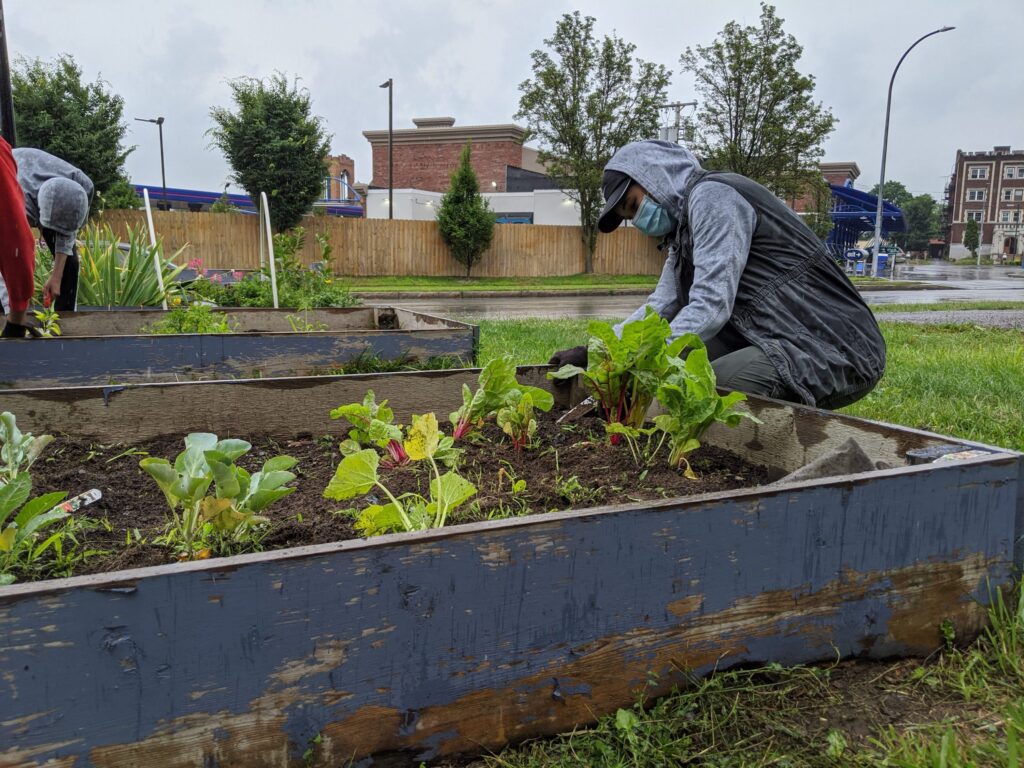September 2020
They said, ”Do you want to be an urban ecologist?”
I said, “Sure, I’ll be an Urban Ecologist.”
Naaman and I were discussing how he didn’t know at the time that this decision would lead to a morning deep in the Genesee river gorge on a path that offered little room to move between the flowing water on his left and layered stone cliffs to his right.As the Urban Ecologist program manager I think I can safely say that most of the 15 Urban Ecologists we hired this summer weren’t really sure what they are getting themselves into. Each one applied through the City of Rochester’s Summer of Opportunity program with the hope of getting some real life work experience. Luckily this diverse group of high school students were willing to take a chance on a job that was explained as an opportunity to spend the next two years developing their future readiness, studying their relationship to the urban environment, engaging the community in nature-based activities, and working to improve the natural environment through stewardship projects. This adventurous spirit has led to a team of young people who are confidently and courageously facing the particularly challenging set of circumstances we find ourselves in this summer.
As we considered how to run a program that kept our young people and the community safe and healthy, we saw online work as an opportunity we could take advantage of, but early conversations with our senior urban ecologists provided motivation for figuring out how to provide in-person work as well. They had spent the spring in their homes and they emphatically expressed a desire to get out in nature. There is plenty of research to back up the idea that getting out would be good for their social, emotional, and physical health. Fortunately the outdoor work embedded in this program lends itself well to a work environment that is well ventilated with space to spread out. We have been able to create a hybrid program that provides both in person and online learning.We have used our time online and at home for a variety of experiences. We worked with an expert to take a financial literacy course. We had a video conference call with an EPA attorney in Baltimore and an expert in environmental justice education in Buffalo. We have had workshops to dissect our sense of place by considering what an urban ecosystem is and how we map our world. We have read “The Home Place” by J. Drew Lanham and have worked on self-designed community engagement projects.Our in-person work has benefited from the fact that the Urban Ecologists have taken to heart the idea that their attention to health and safety makes a greater impact possible. With daily health checks, masks on and six feet between each other breaths of fresh air fills our lungs, dialogue about the state of the world fills our ears and gardening soil fills our hands. We have spent several mornings tending community food gardens. We now have a deeper connection to the neighbors who benefit from the freely available fresh food and the pollinators who make that food possible. Removing invasive species in an urban forest has connected us to the ecosystems that bring people in the city peace. Sharing photo stories of Seneca Park connects us to the land in our city and the community of people telling their stories on instagram.
The Urban Ecologists sometimes ask me about getting paid for activities that hardly seem like work like hiking and reading. I tell them it is some of the most important work that can be done right now. Connecting to our environment and each other is necessary in a way it has never been before. I tell them they have a responsibility to share that connection with others. Finding a path through the urban wilderness on foot is just one of the ways they are preparing to lead our communities down an uncertain path. The skills, knowledge, and relationships they are building today will create the hopeful tomorrow we need.
– Chris Widmaier, Seneca Park Zoo Society Urban Ecology Program Manager
*Banner photo by Chris Widmaier
The Seneca Park Zoo Society Urban Ecology Workplace Development Program began 2017 in response to the lack of diversity in the field of conservation. Now conducted in partnership with the City of Rochester Summer of Opportunity program, participants connect with nature, learn important life skills, and make an impact on their communities. Follow @rocurbanecologists on Instagram.

